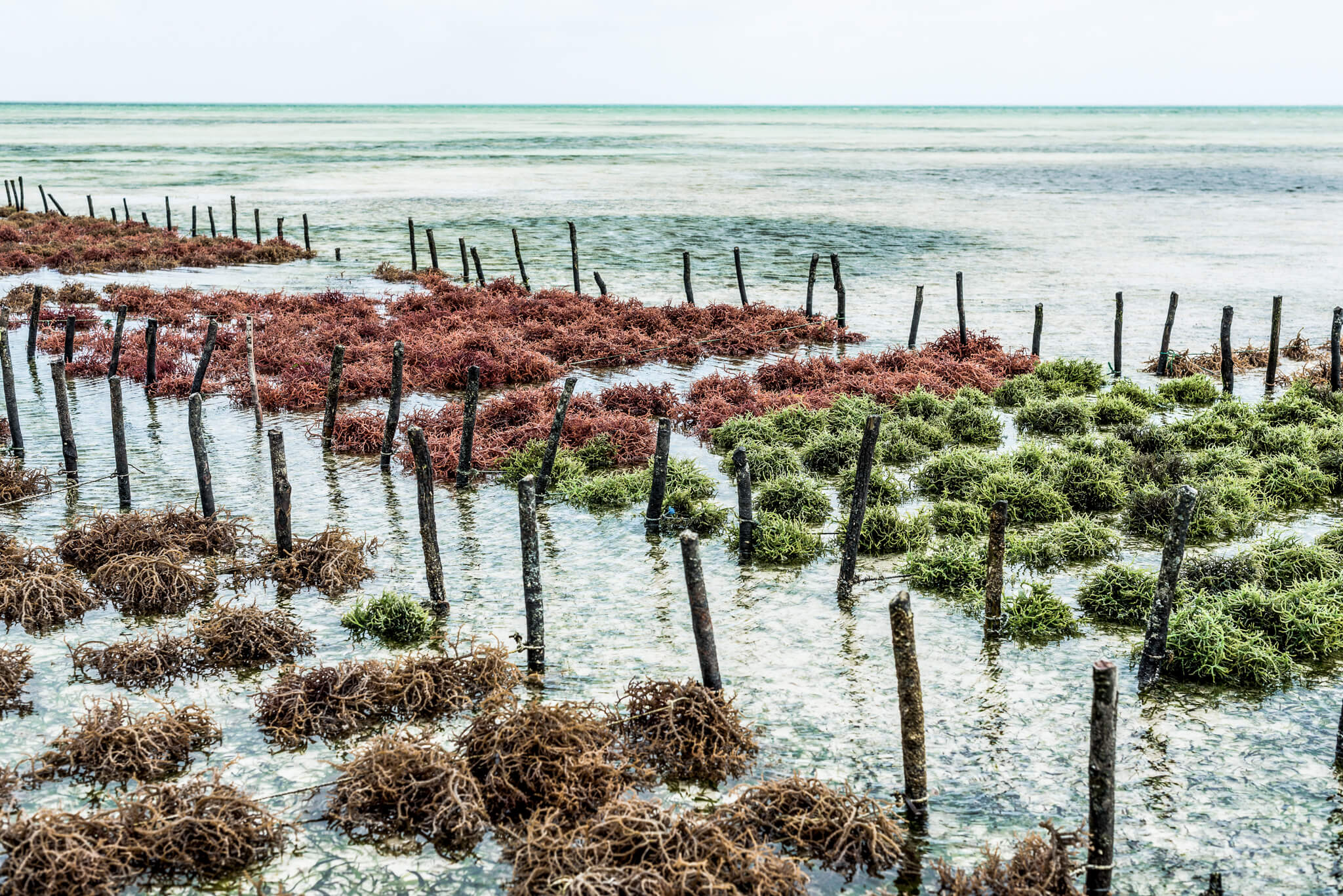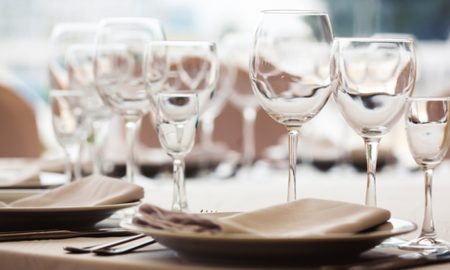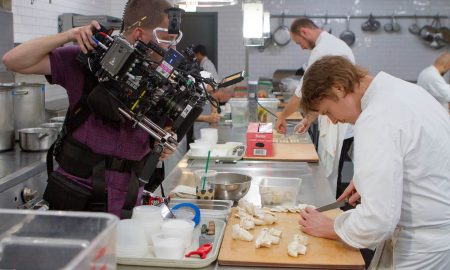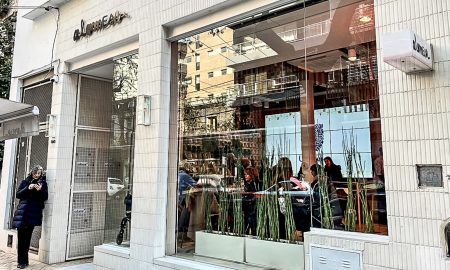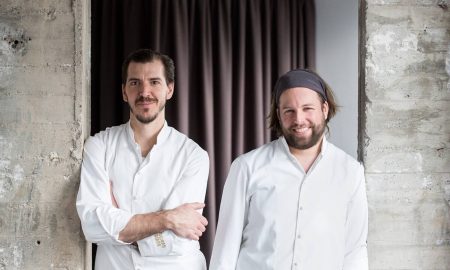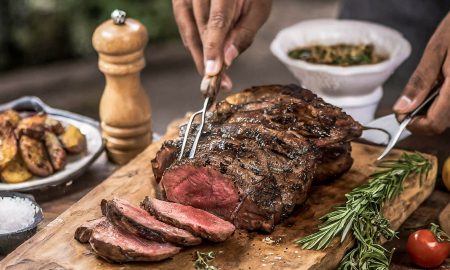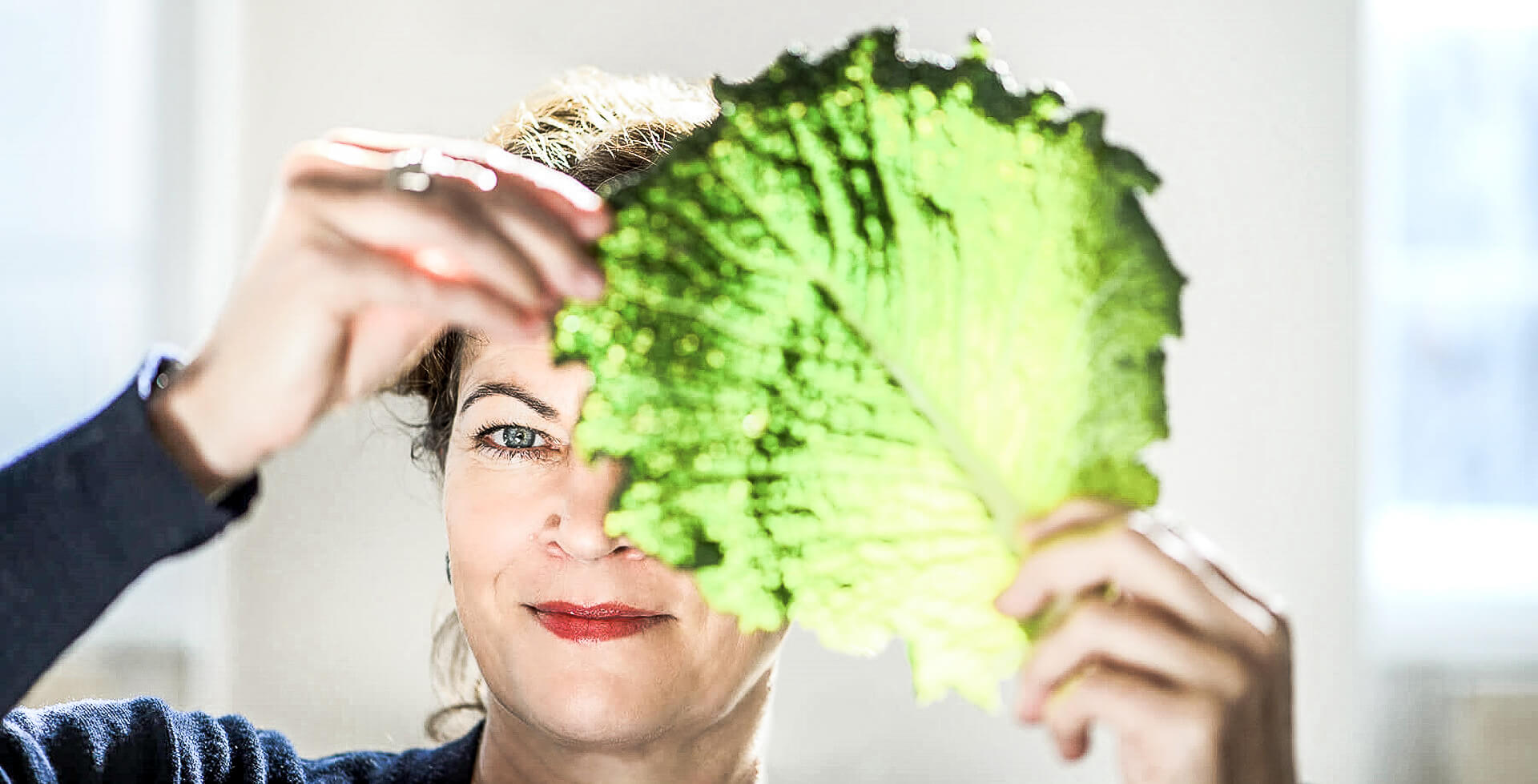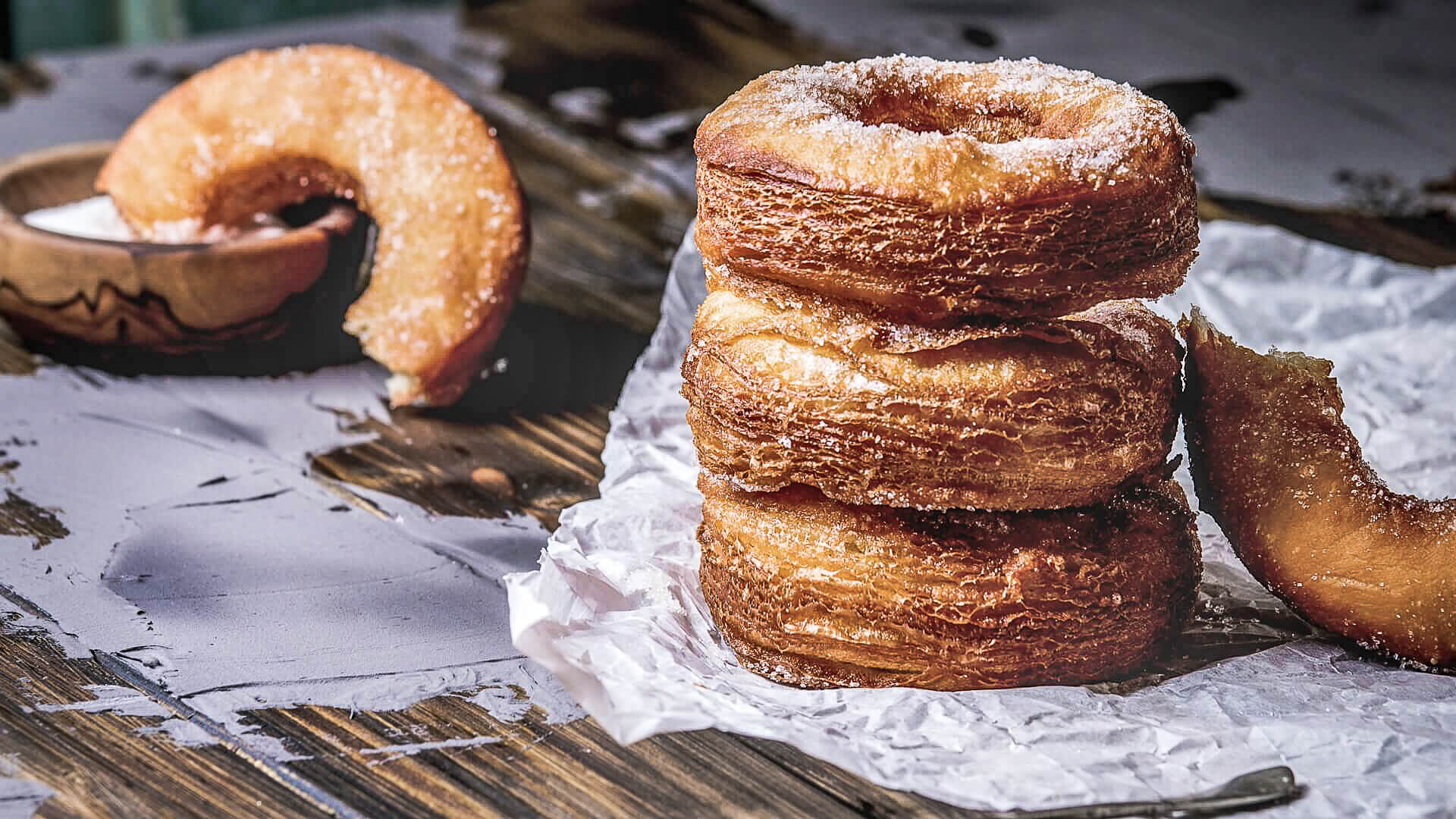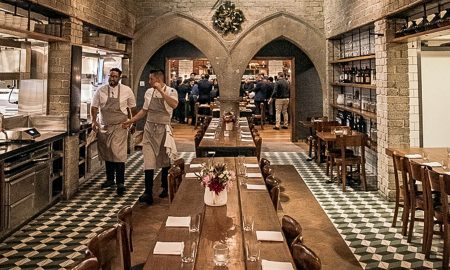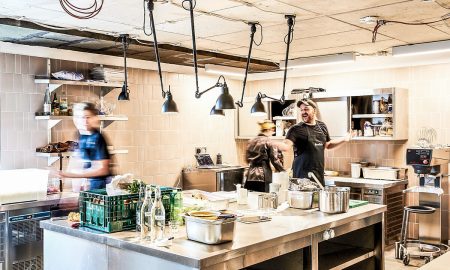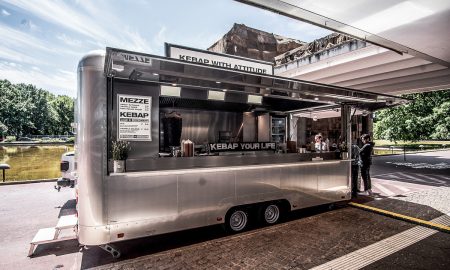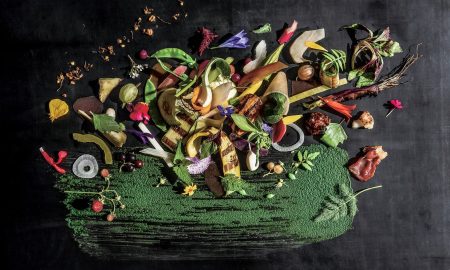Paul O’Connor discovered his love of the sea during the long summer holidays of his childhood, when he learned to snorkel off Ireland’s Atlantic coast. He later worked as a diving instructor in Indonesia, Malaysia, Honduras and Belize. On a beach excursion during the first week of his marine science studies at Galway University, he tasted pepper dulse, a type of red alga, for the first time. “I had eaten seaweed before, but this changed everything. It was crazy how much it tasted like truffles. It even tasted like pepper. Why should we import pepper when we have the same thing in the ocean?” After completing a master’s degree in Plymouth and a doctorate at the Royal Institute for Sea Research in the Netherlands, Paul returned to Ireland. In 2015, he founded “This is Seaweed“, a company that currently markets five of the five hundred different species of seaweed found in Irish waters. These are collected at the beaches in Galway and Donegal and then dried. “We only extract the H2O», says O’Connor. “The minerals, vitamins, enzymes are all retained.” His seaweed is completely organic and certified, which means it can be traced back to the tide where it was collected.
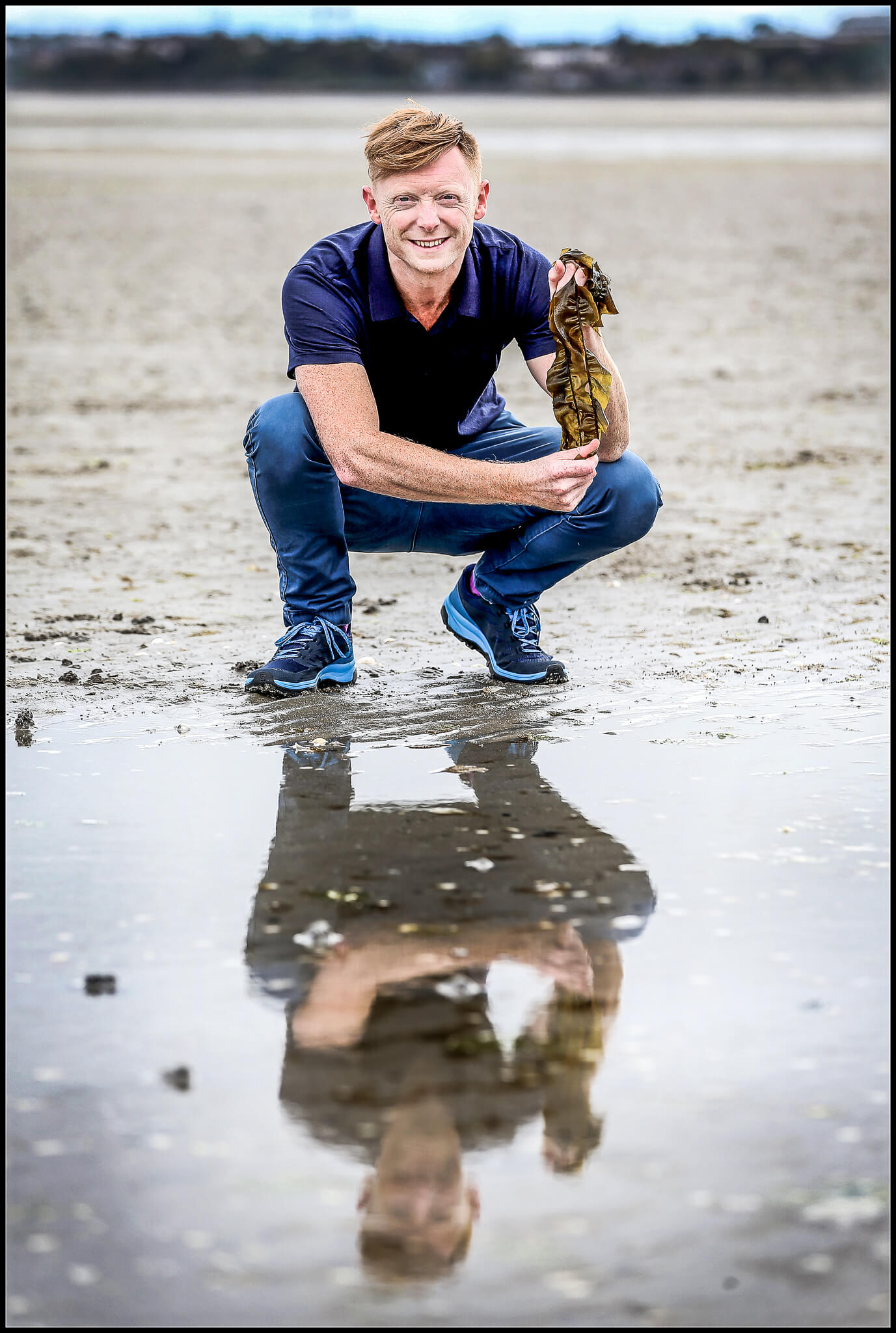
Image: Paul O’Connor
A trend with vegans and chefs
The biggest seaweed and algae enthusiasts are vegetarians and vegans. “Red algae have vitamin B6 and B12, which vegans often lack in their diet,” explains O’Connor. Rather than taking pills, they eat seaweed.” He also sees himself as a facilitator: “Seaweed are new to many, so people have to be won over. Good thing I’m passionate about it, and I enjoy seeing their reactions. Often what they say is, “That’s really tastes much better than I thought it would.” Germany and the Netherlands are currently O’Connor’s largest market. He supplies eighty percent of his algae to food manufacturers who use them as ingredients in their own products. Top Irish chefs have also discovered “This is Seaweed”. For example, The internationally renowned TV cook and gastro critic Clodagh McKenna uses Paul’s sea spaghetti, a brown seaweed, in a carrot and ginger salad. The award-winning Niall Hill from “The Butler’s Pantry”, the upscale Irish delicatessen, is just as much a fan of seaweed as Maurice McGeehan, who serves on the National Chef Advisory Council and is therefore one of the advocates of Irish cuisine.
Individual cultivation in its beginning stages
“This is Seaweed” has also developed products that can be purchased inorganic grocery stores, selected supermarkets and online. A new addition to the assortment are risotto mixtures with kelp and sun-dried tomatoes or Riementang and porcini mushrooms. “People often don’t know how to cook with seaweed. My job is to help them.” As leaves or flakes in soups, sauces and salads, mixed in vegetable pans or sprinkled over pizzas, algae not only provide essential nutrients, they also provide seasoning: Umami – tasty in Japanese. This fall, Paul O’Connor will start his own seaweed cultivation, a pilot project in which Wing Kelp,Alaria esculenta, will be cultivated. The seaweed contains Fucoidan, which has been well-known in Asia for many years and has both anti-cancer and anti-aging properties. Wild seaweed may contain traces of marine animals. “What we’re working on now,” explains O’Connor, “is cultivating an allergen-free product.” In return he receives support from the Irish Agency for the Development of Fisheries and Seafood.
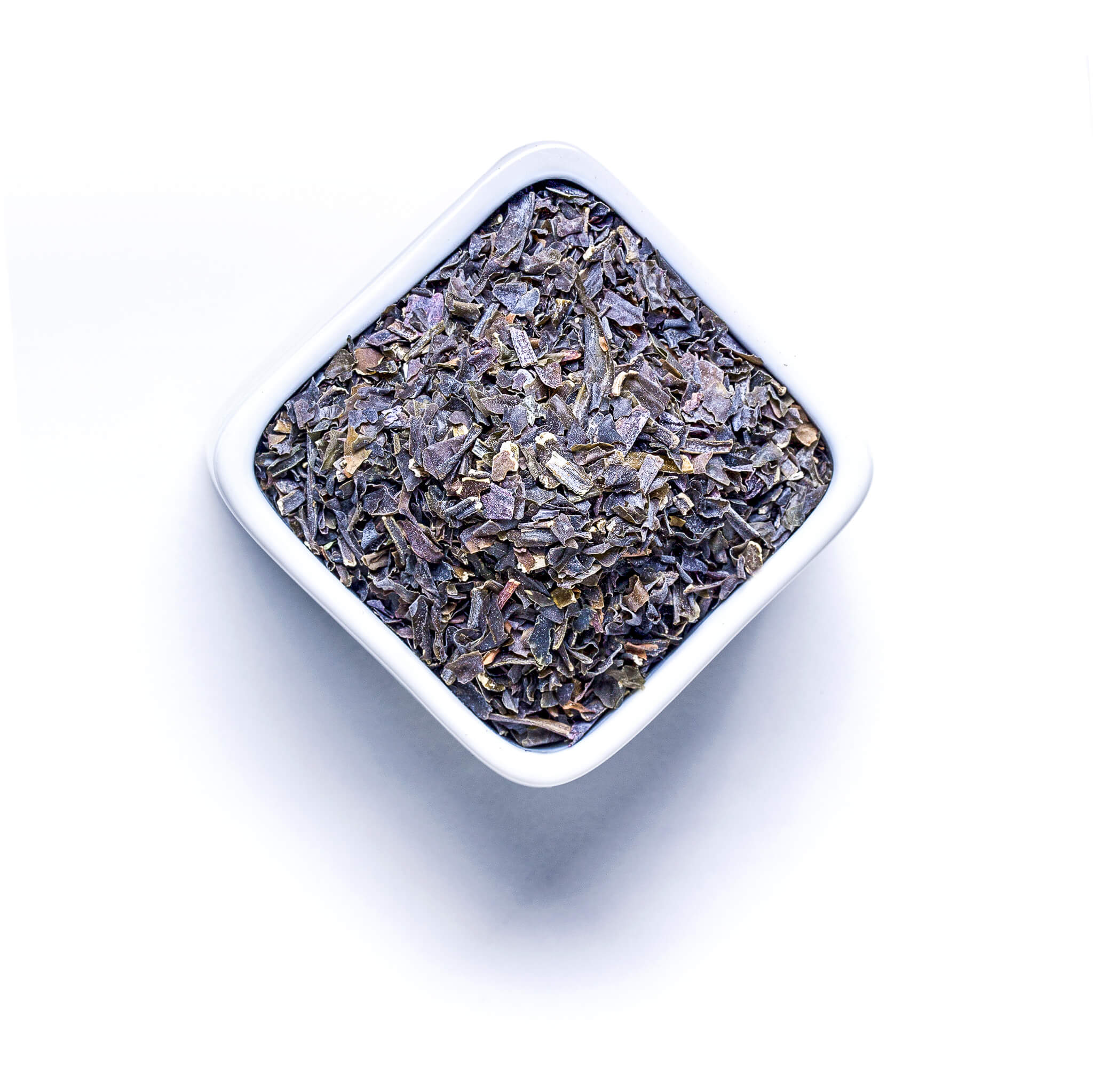
Image: This is Seaweed
Healthy for body and planet
Seaweed regulates the metabolism, purifies the blood, eases digestion, increases the level of dopamine and boosts the immune system. They are super healthy for us and also for the planet. ” When you see the destruction of the landscape, you may become furious,” says O’Connor. “My terrain is under water, and I would say Seaweed is the most environmentally friendly protein in the world.” They are easily regenerated, can be harvested all year round and in any marine environment. To cultivate it, you don’t have to cut down forests, you don’t need land, fresh water, fertilizer or pesticides. According to Paul O’Connor, water quality, nutrient content, temperature and the lack of industry make the west coast of Ireland the world’s best water for seaweed growth. “People need 0.75 grams of protein per kilo of body weight every day. If we cultivate just two percent of the ocean with seaweed, we would have enough protein to feed the entire planet.”


